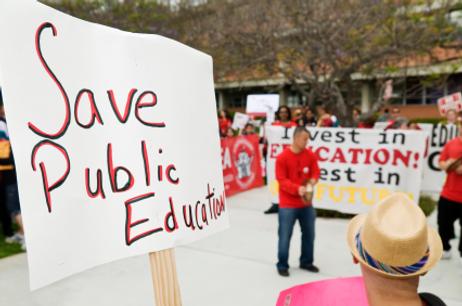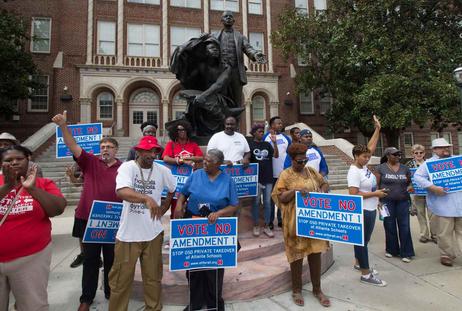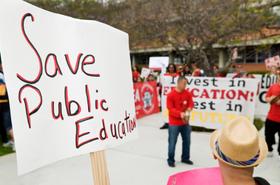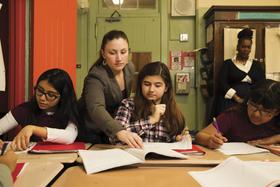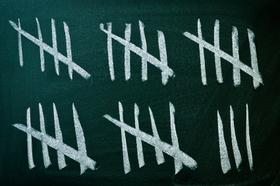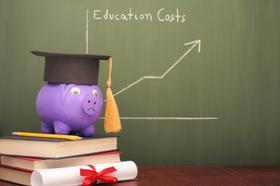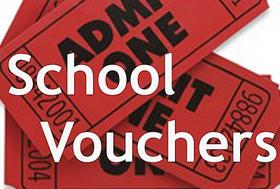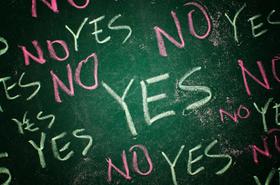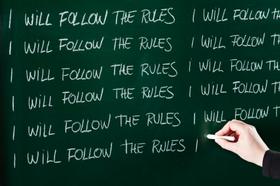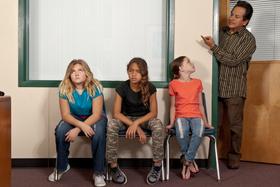In response to numerous changes made to the Detroit Public School system this year, thousands of teachers in the district have received “pink slips” telling them they can reapply for their jobs this summer. With more than 4,000 teachers now unemployed for the upcoming school year, many are predicting that chaos will reign when students return to classrooms this fall. At the same time, district officials are attempting to reassure students and parents that the decision to lay off teachers is the best way to ensure they have sufficient teachers – and the right teachers – heading up classrooms at the beginning of the 2012-2013 school year.
"In this short video, Atlantic associate editor Alia Wong traces the history of Detroit Public Schools—from a model for urban education at the turn of the century to a failing, debt-ridden system today."
Changes to the District Prompt Layoffs
One reason for the mass layoff is the many changes the Detroit school system will face in the upcoming school year. A new system, the Educational Achievement Authority, has been put in place to deal with schools that are consistently unable to perform at state standards. Under this system, 15 Detroit schools are slated to switch districts for the next school year, removing those schools from the Detroit Public School system. All of those schools were classified as low-performing, according to state standards. This change involves approximately


